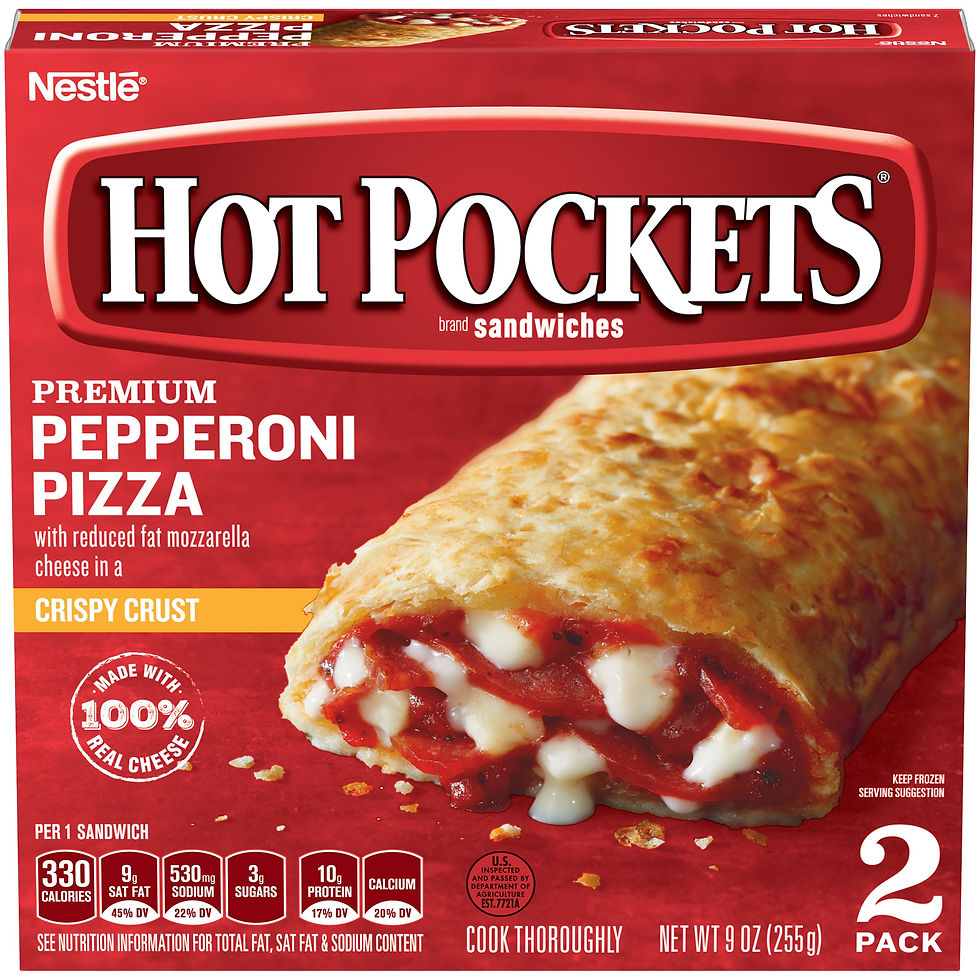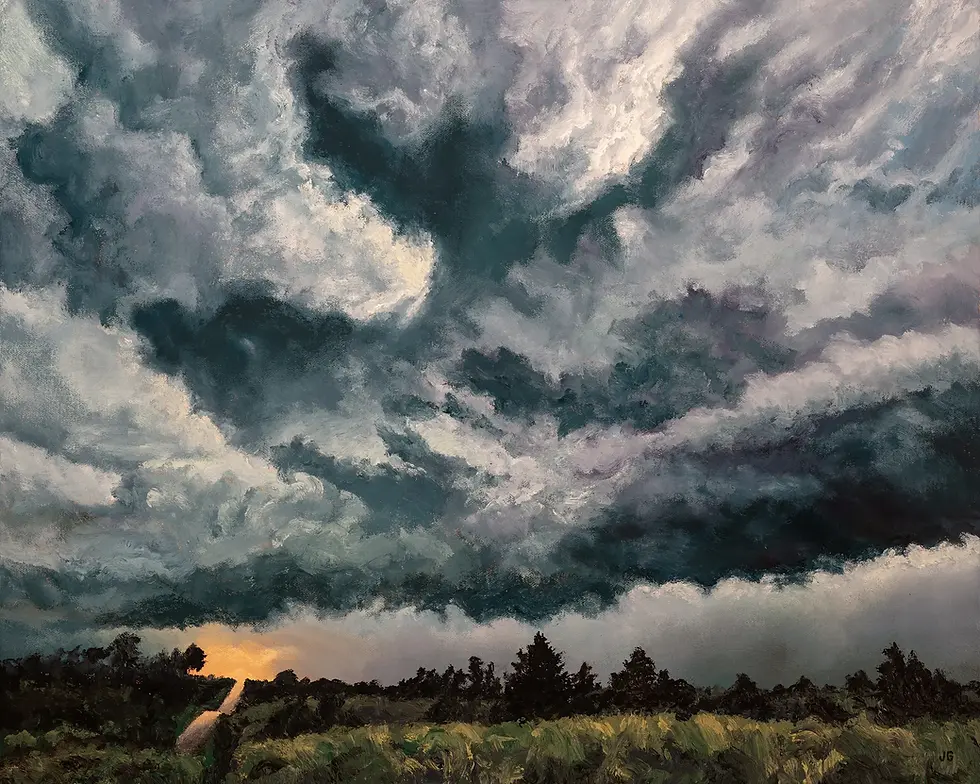33 1/3 book coming
- Colin Fleming

- Jan 17, 2019
- 2 min read
I should have put this up before. Me and the clock have been neck and neck, though, and often she's been winning. At least externally.
But I am going to be doing a book in Bloomsbury's popular 33 1/3 series on Sam Cooke's Live at the Harlem Square Club, 1963. This is something I've put a lot of time into, given a lot of thought to. The book will come out either next year or in 2021. I told my friend and music mate Howard yesterday, but he was the only one who knew. So now that's out there. This is the full album.

2000 word essay composed today on Nijinsky and his diaries, which he began 100 years ago on January 19, so expect to see that on The Daily Beast then. I am composing at a high level.
Diaries fascinate me. Nijinsky’s was one of the ones I had in mind—along with Delacroix’s, Kenneth Tynan’s, Samuel Pepys’—when I decided to launch one for public viewing, as naked as possible, on my website, writing as though only to myself, but opening up to all, by the extension of where I had placed my words. We speak so often now about “our truth,” a fallacy if there ever was one, as truth is not something that we have dominion over. Truth owns us. It is what we answer to, whether we like it or not, whether we choose to try and expostulate this inevitably of human existence, or man or woman-up and deal with it. The best that we can.
It can help to crack your mind open on a page. You are not controlling the larger narrative of life in terms of verities of what is and what is not, what is right, what is wrong, what is dark, what is light, what is dry, what is wet. But you are exposing the narrative, giving it shape, making sure it has proper dimensions and scope; you are, in essence, aligning the reportage of reality with actual reality, while also bringing, perhaps, ideas and verities into being while adding reality to reality—or you are if that is your aim and skill, anyway. Other people might feel ancillary benefits. Writing about our thoughts and feelings can help to organize them. You start with words, not knowing where they might go, and you discover answers that you did not previously possess. You express truths, but you also write your way to truths.
That’s why I tire of the left-handed compliments trucked out for Nijinsky and his diary, the idea that he was some ego monster but brave.
“I am God. I am the spirit. I am everything,” Nijinsky wrote. His prose works with the circular, Circadian rhythms of a poetry that rests, awakes, zooms, realizes, countermands, retreats, reconsiders, sojourns, approaches again, backs off, overleaps, learns, processes. Yes, of course you are God, you are the spirit, you are everything, because that which is out there, for the mind of the artist, is that which can flow through the artist, that which is one with the artist for some time or other. There is the Beast with Two Backs, that kind of oneness; and so too is there the Artist with Multiple Selves, Parts, Souls, Unions.




Comments